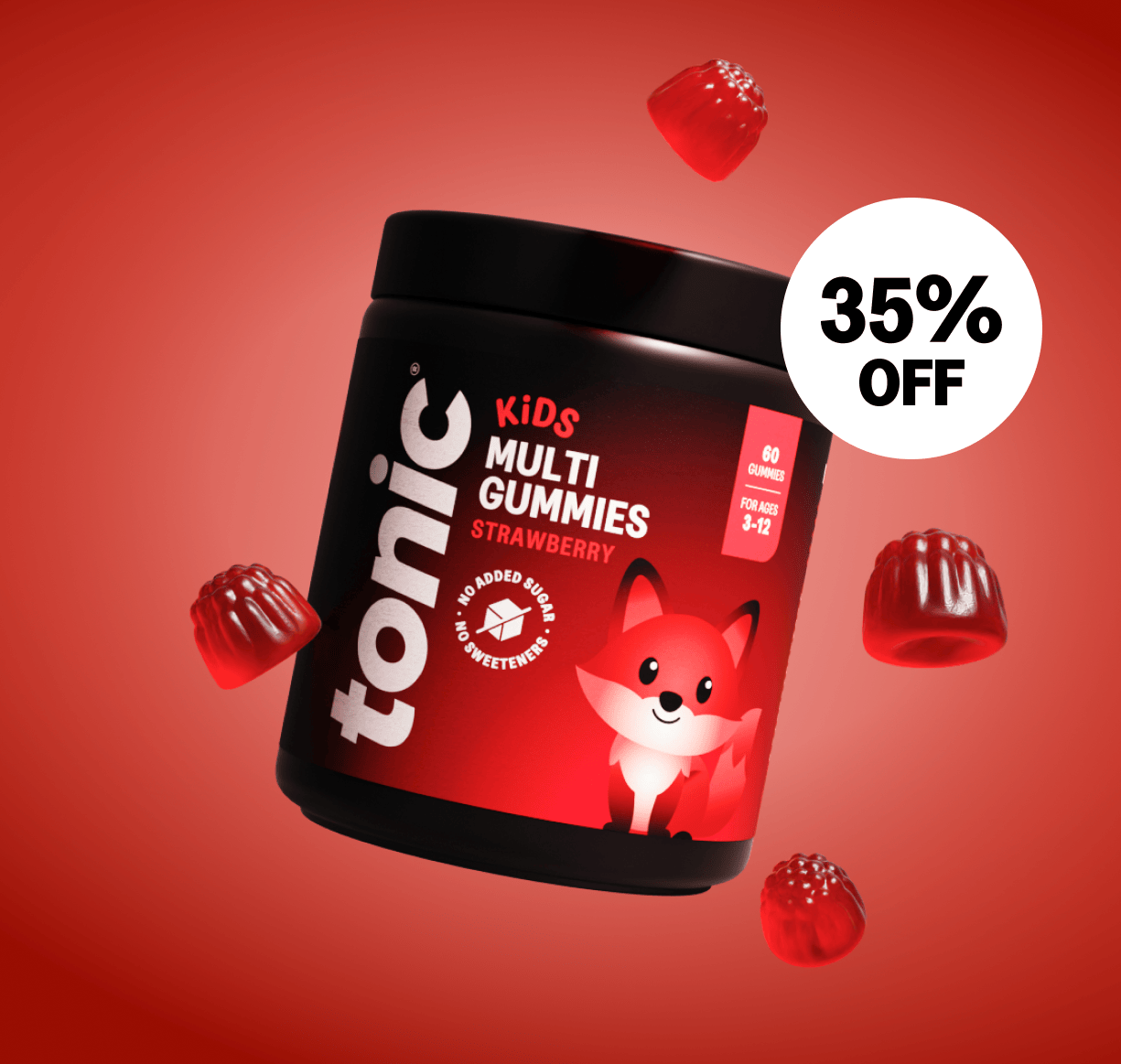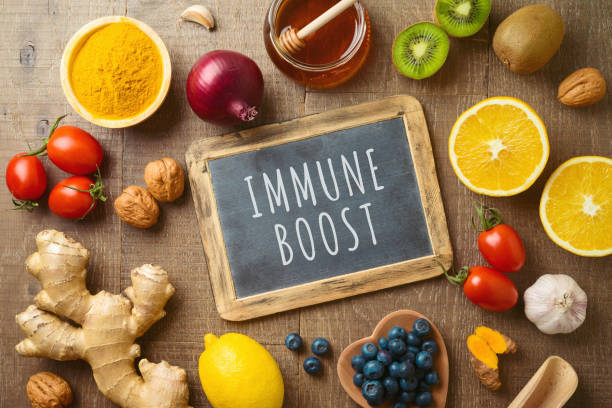Your immune system is one of the most important systems in your body. It is a complex network of organs and tissues that defends you from disease, infection and illness. The health of your immune system can be influenced by many factors, such as diet, stress levels, exercise and sleep patterns. If something goes wrong with your immune system it can make you more susceptible to illnesses such as colds, flu and infections.
Your immunity is your disease fighting system and is vital in maintaining your looks
The immune system is a complex network of cells, tissues and organs that work together to protect our body from infection. The immune system is made up of the lymphatic system and the immune system. The lymphatic system removes waste products from the body, including bacteria and viruses. It also produces antibodies to fight infections. The immune system in turn receives information about potential threats to health by many different ways including through white blood cells (or leukocytes). White blood cells are important in fighting infections because they have specialised proteins on their surface called receptors which identify foreign objects like bacteria or viruses.
White blood cells also produce chemicals which can kill bacteria and viruses. The immune system has two parts: innate immunity and adaptive immunity. Innate immunity is the first line of defence against infection. It works quickly and is effective against a wide range of disease-causing organisms. Adaptive immunity takes longer to develop but once it does, it provides long-lasting protection against specific infections.
Cover your nutrient bases
To boost your immunity you should consider increasing the following nutrients in your diet:
- Vitamin A is found in fish and dark green leafy vegetables. It is also present in orange and yellow fruits such as carrots, apricots, mangoes and papaya.
- Vitamin C is found in citrus fruits as well as many other fruits such as strawberries, kiwis, guavas and mangoes. It’s also present in dark green leafy vegetables such as broccoli and kale.
- Vitamin D can be obtained through exposure to sunlight but it can also be found in eggs, cheese and fatty fish such as salmon or tuna (you should avoid mercury-containing seafood).
- Zinc helps fight infections by boosting your immune system’s ability to destroy bacteria/viruses that may cause illness or disease. Foods rich in zinc include oysters (the best source), red meat (beef) chicken breast with skin removed; other good sources include wheat germ oil from cereal seeds like wheat grains which are not genetically modified (GMO).
- Iron helps your body produce red blood cells to deliver oxygen throughout your body. Iron is found in dark green leafy vegetables, legumes, beans and nuts such as almonds.
- Magnesium helps you relax and sleep better while it also supports your immune system. It can be found in pumpkin seeds as well as spinach, broccoli and other dark green leafy vegetables.
- Omega-3 fatty acids help reduce inflammation by lowering the production of inflammatory compounds (eicosanoids) that are produced by the body when it’s injured or stressed out.
Sometimes we all need a helping hand. Thats why our Tonic drinks use all natural ingredients and 11 vitamins, minerals, antioxidants and phytonutrients.
Nurture your diet
- Vitamins and minerals are vital for maintaining a healthy immune system.
- The best way to do this is to eat a variety of different types of fruits and vegetables. Try to eat at least five portions each day, including one portion of starchy foods like potatoes, beans or pasta.
- Milk and milk products, such as cheese, yogurt or kefir. For those who are lactose intolerant, there are many dairy-free options available.
- Try adding more vitamin C-rich foods such as oranges and grapefruit into your diet by juicing them with water rather than sugar which gives you a better supply of nutrients from natural sources rather than processed sugar found in many store-bought juices/drinks that can have added sugars making them bad for our health so try making juice at home instead!

Get those steps in
You know how you feel better after a workout? That’s because exercise is good for your immune system. On top of that, research suggests that people who are physically active tend to be happier than those who aren’t—so even if you don’t feel like going for a run when you have cold symptoms, getting up and moving can help lift your mood.
If exercise isn't something you're into (or there's no time), consider meditation instead. Meditation has been linked with greater self-awareness, which can improve mental focus, reduce stress and anxiety levels and may even help us live longer.
Restorative sleep
Sleeping is the time when your body repairs and regenerates. It is during this period that you recuperate from your daily activities, and give your immune system a chance to fight off any infections or diseases that you may have picked up during the day.
Here are some of the ways sleeping helps:
- It strengthens your immune system by allowing it to repair itself after being exposed to environmental factors such as air pollution or allergens.
- Sleep allows for the restoration of white blood cells that help in fighting off infection and disease.
- Sufficient rest allows for better memory recall, which means you'll be able to remember what precautions against illness you took earlier in order to protect yourself better next time around.
Avoid stressors
Stress is also associated with an increase in the production of cortisol and adrenaline, which can lead to a decrease in the production of antibodies. In addition, there's evidence that stress can weaken the immune system overall. This may be because it reduces your body's ability to respond to infections and other illnesses (e.g., you may feel more tired or run down), or it could be because stress causes you to engage less with your surroundings (which could put you at higher risk of catching something).
Conclusion
If you want to keep your immune system strong and healthy then it’s important to make sure that you are getting enough sleep and exercise. It’s also important not to stress over every little thing in life as this can negatively impact on our bodies ability to fight off illness. Finally, remember the food and nutrients your putting in your body!







Leave a comment
All comments are moderated before being published.
This site is protected by hCaptcha and the hCaptcha Privacy Policy and Terms of Service apply.